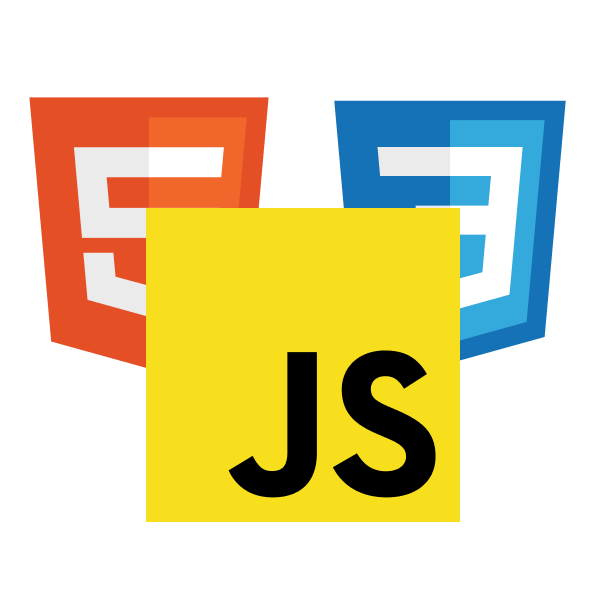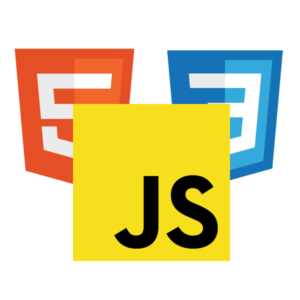What Does an Android Developer Do?
Android Developers are specialized software engineers who focus on developing applications for the Android platform. Their primary role involves designing, building, and maintaining Android apps that offer seamless user experiences and meet client specifications. They leverage the Android development environment, including Android Studio, SDK tools, and programming languages like Java and Kotlin, to bring app concepts to life.
Android Developers Job Description
When companies are looking for clean and responsive websites, they trust us. Our commitment to excellence ensures that every project satisfies the customer. Join us at Hire Devs as Android Developers and be part of our tradition of delivering superior digital solutions.
Typical Duties and Responsibilities:
- Design and Build: Develop Android applications that are efficient, scalable, and accessible. Ensure apps perform consistently across different devices and Android versions.
- Maintenance and Iteration: Continually update applications, adding new features and fixing bugs to improve performance and user satisfaction.
- Collaboration: Work closely with cross-functional teams, including UI/UX designers, QA testers, and product managers, to ensure the app aligns with business goals and user needs.
- Testing: Implement robust testing frameworks to ensure apps are reliable and free from critical issues.
- Optimization: Focus on optimizing app performance and memory usage to ensure smooth operation on all target devices.
- Security: Prioritize app security by integrating safe coding practices and data protection measures.
Education and Experience:
- Bachelor’s degree in Computer Science, Engineering, or a related field.
- Proven software development experience and Android skills development.
- Proven working experience in Android app development and have published at least one original Android app.
Required Skills and Qualifications:
- Proficiency in Java and Kotlin: Deep understanding of Android’s preferred programming languages.
- Familiarity with Android SDK: Comprehensive knowledge of Android development tools and libraries.
- Understanding of RESTful APIs: Ability to integrate third-party services and APIs into Android applications.
- Experience with Android UI Design Principles: Skill in crafting intuitive and user-friendly interfaces.
- Knowledge of the Android Ecosystem: Awareness of different Android devices, OS versions, and their specific characteristics.
- Problem-Solving Skills: Strong analytical abilities to troubleshoot and debug issues effectively.
- Teamwork and Communication: Excellent collaboration and communication skills to work effectively in a team environment.
Preferred Qualifications:
- Experience with third-party libraries and APIs.
- Working knowledge of the general mobile landscape, architectures, trends, and emerging technologies.
- Solid understanding of the full mobile development life cycle.
Join us at Hire Devs and be part of a collaborative team dedicated to delivering exceptional web solutions. If you are passionate about innovation and technology and possess the above skills, we encourage you to apply and contribute to our success!
Candidate Certifications to Look For
- Google Developers Certification: Recognizes developers who have a proficiency in Google technologies, including a special certification for Android Developers.
- Associate Android Developer Certification: Validates the skills of an entry-level Android developer and their ability to perform tasks without supervision.
- Kotlin Certification: Given Kotlin’s growing importance in Android development, a certification in Kotlin can be a significant plus.
Sample Interview Questions for Android Developers
- How do you manage memory leaks in Android applications?
- Can you explain the Activity lifecycle? How do you handle configuration changes in Android?
- Describe the Android Application Architecture and the key components involved.
- How do you implement background tasks in Android? Discuss Service vs IntentService vs JobScheduler.
- Explain the concept of Intents and Intent Filters in Android.
- What is a Content Provider, and when would you use it?
- How do you handle different Android application states and lifecycle events?
- Describe how you would implement data persistence in an Android app. Discuss SQLite and Room Database.
- What are Fragments, and how do you communicate between two Fragments?
- Explain the differences between px, dp, dip, and sp in Android.
- How do you ensure your Android app is accessible to as many users as possible?
- What is the Android NDK, and when would you use it?
- How do you implement Material Design in your Android applications? Can you provide examples of Material Components you’ve used?
- What are Android Jetpack components, and how have you utilized them in your projects?
- Explain how to secure data communication in an Android app. Discuss SSL, TLS, and HTTPS.
- How do you debug Android application issues? Discuss the tools and techniques you use.
- Describe Dependency Injection in Android. Have you used any frameworks like Dagger or Hilt?
- What strategies do you employ for effective unit testing and UI testing in Android apps? Discuss Espresso and JUnit.


